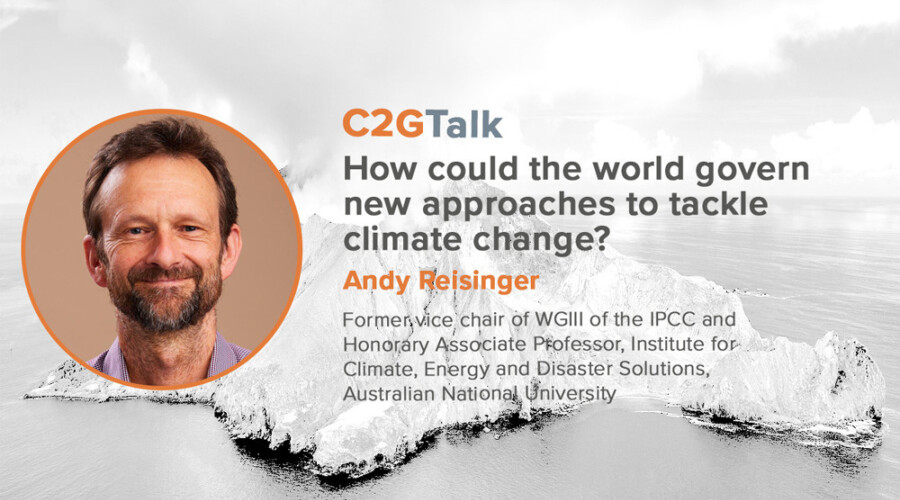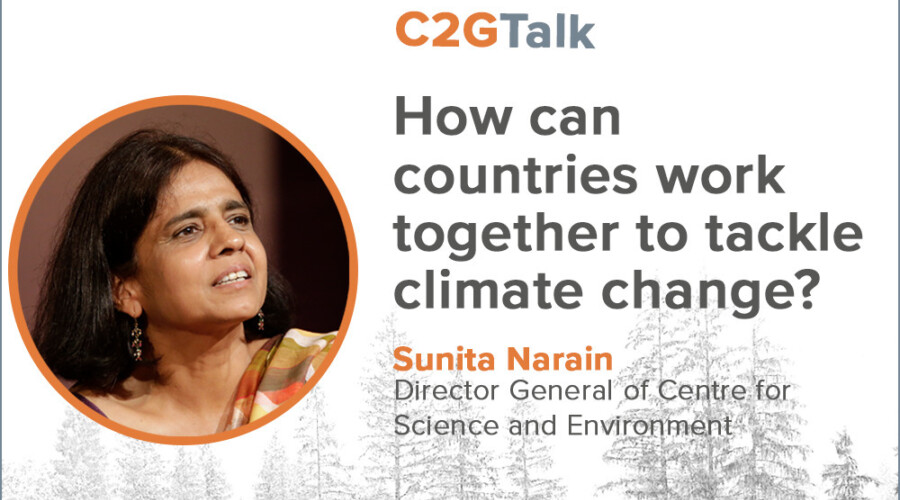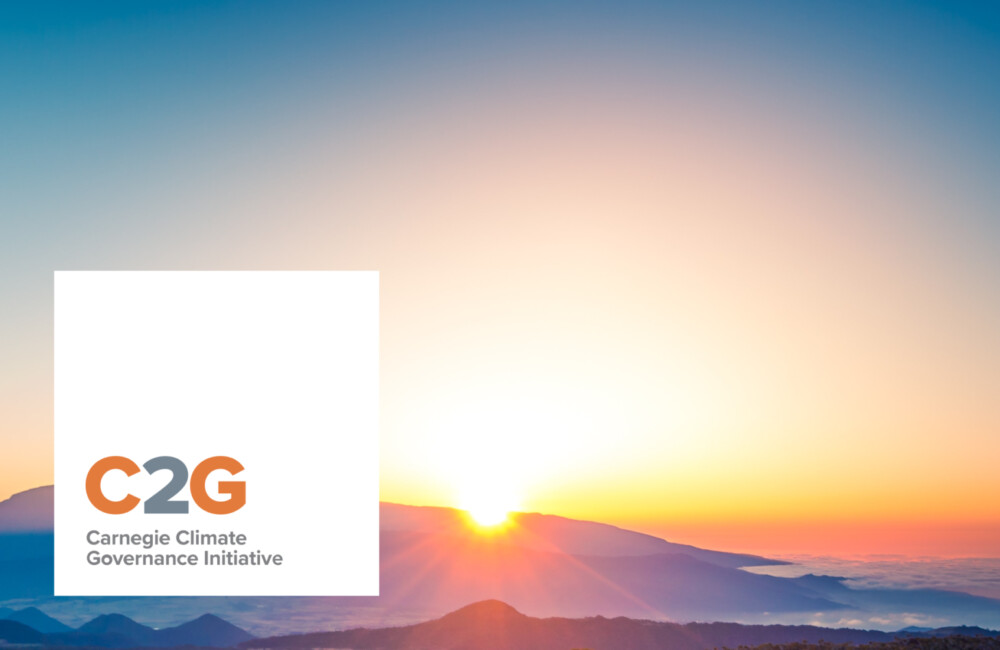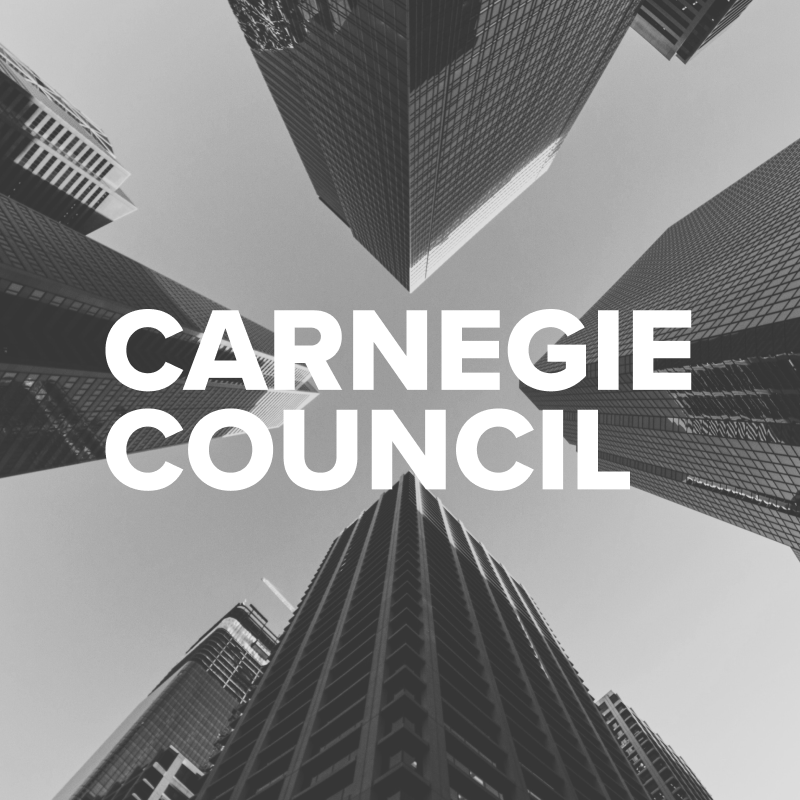La gobernanza es un elemento clave para garantizar que los enfoques basados en la naturaleza para abordar la crisis climática apoyen las funciones ecológicas, sean sostenibles y produzcan beneficios colaterales, afirma Manuel Pulgar-Vidal durante una entrevista en "C2GTalk". En última instancia, subraya, cualquier intervención -basada en la naturaleza o en la tecnología- sólo puede considerarse si se basa en un firme compromiso de reducir las emisiones de dióxido de carbono.
También le puede interesar

8 ENE 2024 - Podcast
C2GTalk: ¿Por qué el mundo necesita ahora considerar la modificación de la radiación solar? con Kim Stanley Robinson
Muchas objeciones a la modificación de la radiación solar han sido superadas por los acontecimientos, dice el autor de "The Ministry of the Future", Kim Stanley Robinson, en este "C2GTalk".
Organizado por Janos Pasztor

4 DE DICIEMBRE DE 2023 - Podcast
C2GTalk: ¿Cómo debe gobernar el mundo los nuevos planteamientos para afrontar el cambio climático? con Andy Reisinger
El mundo superará los 1,5 °C de calentamiento, y los países se enfrentarán a consecuencias más extremas a corto plazo, advierte Andy Reisinger en un C2GTalk.
Organizado por Mark Turner

SEP 26, 2022 - Podcast
C2GTalk: ¿Cómo pueden colaborar los países para hacer frente al cambio climático? con Sunita Narain
Los países deben dejar a un lado sus diferencias, reconocer su interdependencia y negociar de igual a igual para hacer frente a la crisis climática, afirma Sunita Narain, Directora General ...
Organizado por Mark Turner


